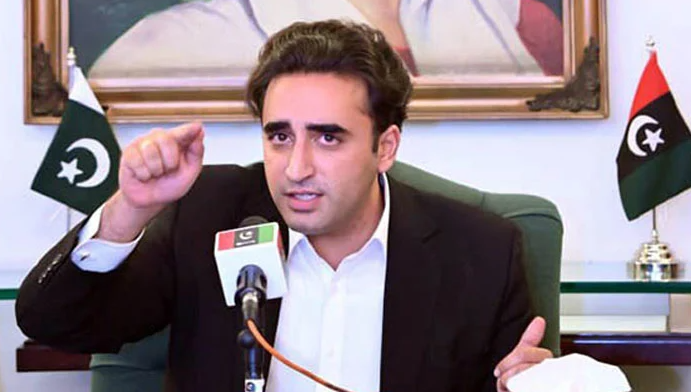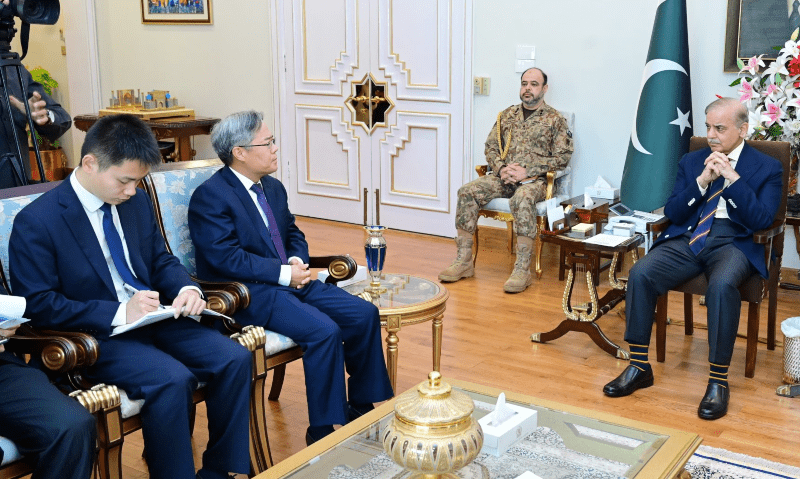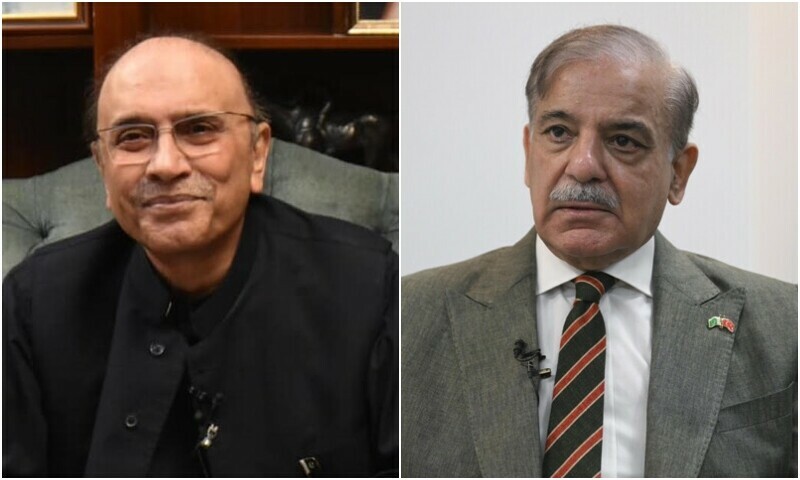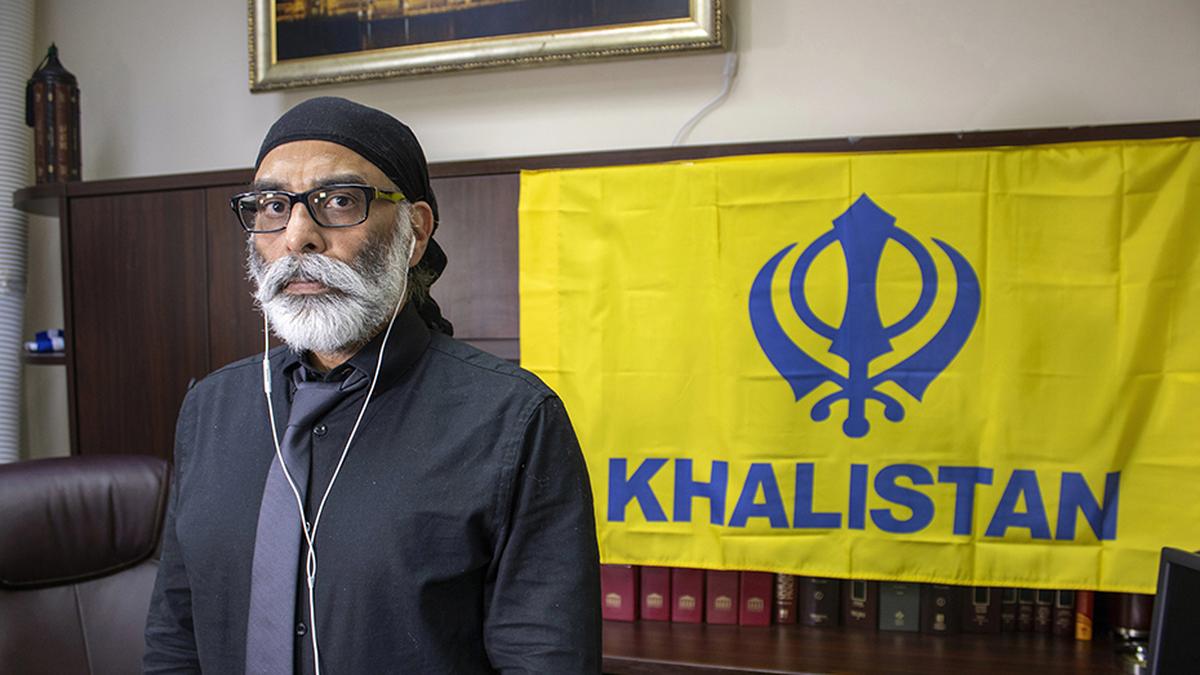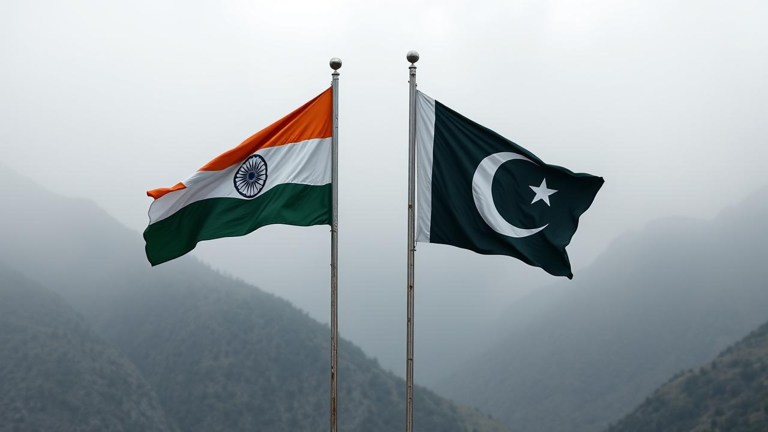POLITICS & POLICY MAKING
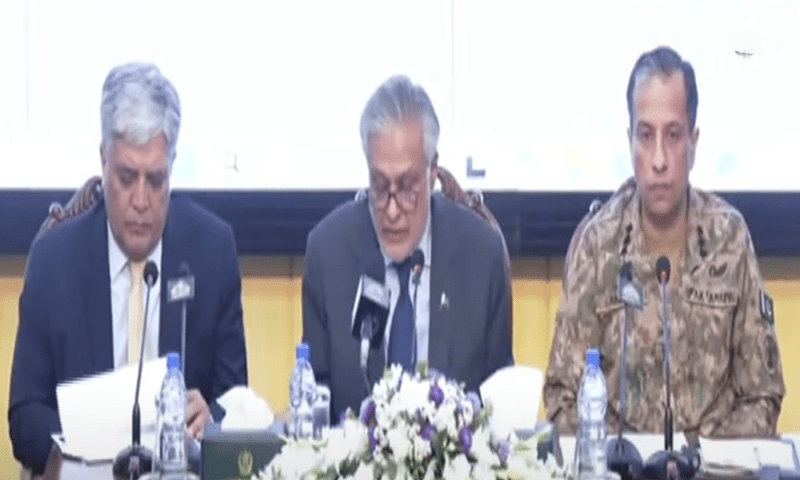
ISLAMABAD — Pakistan’s Deputy Prime Minister and Foreign Minister Ishaq Dar on Monday strongly rejected India’s allegations linking Islamabad to the April 22 Pahalgam attack in Indian-occupied Kashmir, which killed 26 people, mostly tourists. Speaking at a joint press conference in Islamabad with ISPR DG Lt Gen Ahmed Sharif Chaudhry and Foreign Office Spokesperson Shafqat Ali Khan, Dar denounced the accusations as politically motivated and part of India’s disinformation strategy.
Dar emphasized that Pakistan condemns terrorism in all its forms and reiterated Islamabad’s call for an independent and transparent international investigation into the attack. He added that India was attempting to scapegoat Pakistan to deflect from its internal failures and its long-standing human rights abuses in Kashmir.
“The politically motivated and provocative environment being created by India threatens regional peace,” Dar said. “Pakistan will not initiate any escalation, but if provoked, we will respond with full force.”
Highlighting Pakistan’s sacrifices in the fight against terrorism, Dar stated that over 80,000 lives have been lost and the economic toll has surpassed $500 billion. “No other nation has suffered more than Pakistan due to terrorism, often orchestrated and sponsored by India,” he asserted.
The ISPR DG Lt Gen Ahmed Sharif further dismantled India’s narrative by pointing out inconsistencies in the official response time, terrain challenges, and FIR registration within 10 minutes of the attack. He also linked the Pahalgam incident to previous attacks, suggesting a pattern of premeditated disinformation aimed at justifying Indian actions.
Lt Gen Chaudhry revealed intelligence that India had tasked its proxies to stage terror attacks across Pakistan post-Pahalgam. “This is part of a systematic campaign to destabilize Pakistan and justify state-sponsored terrorism,” he said.
He warned that the recent suspension of the Indus Waters Treaty by India was both illegal and provocative. FM Dar echoed this sentiment, stating that any unilateral diversion of Pakistan’s water would be considered an act of war.
The press conference also addressed India’s growing Islamophobic rhetoric and attempts to malign Indian Muslims and Kashmiris. Both the Foreign Office and ISPR criticized Indian media and political figures for their inflammatory and divisive narrative.
Concluding the briefing, the officials reaffirmed Pakistan’s commitment to peace but warned that any aggression would be met with a decisive and proportional response. They called upon the international community to take note of India’s actions and hold it accountable for destabilizing the region.
